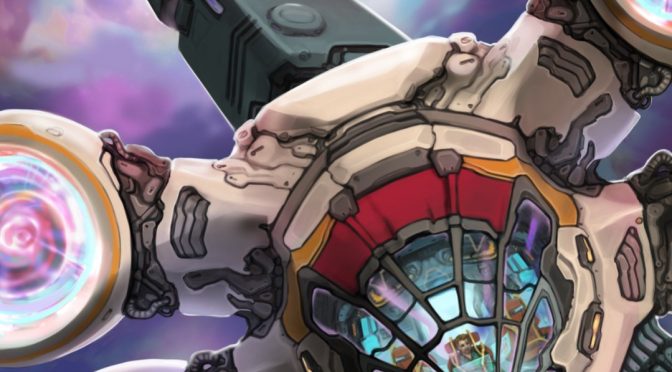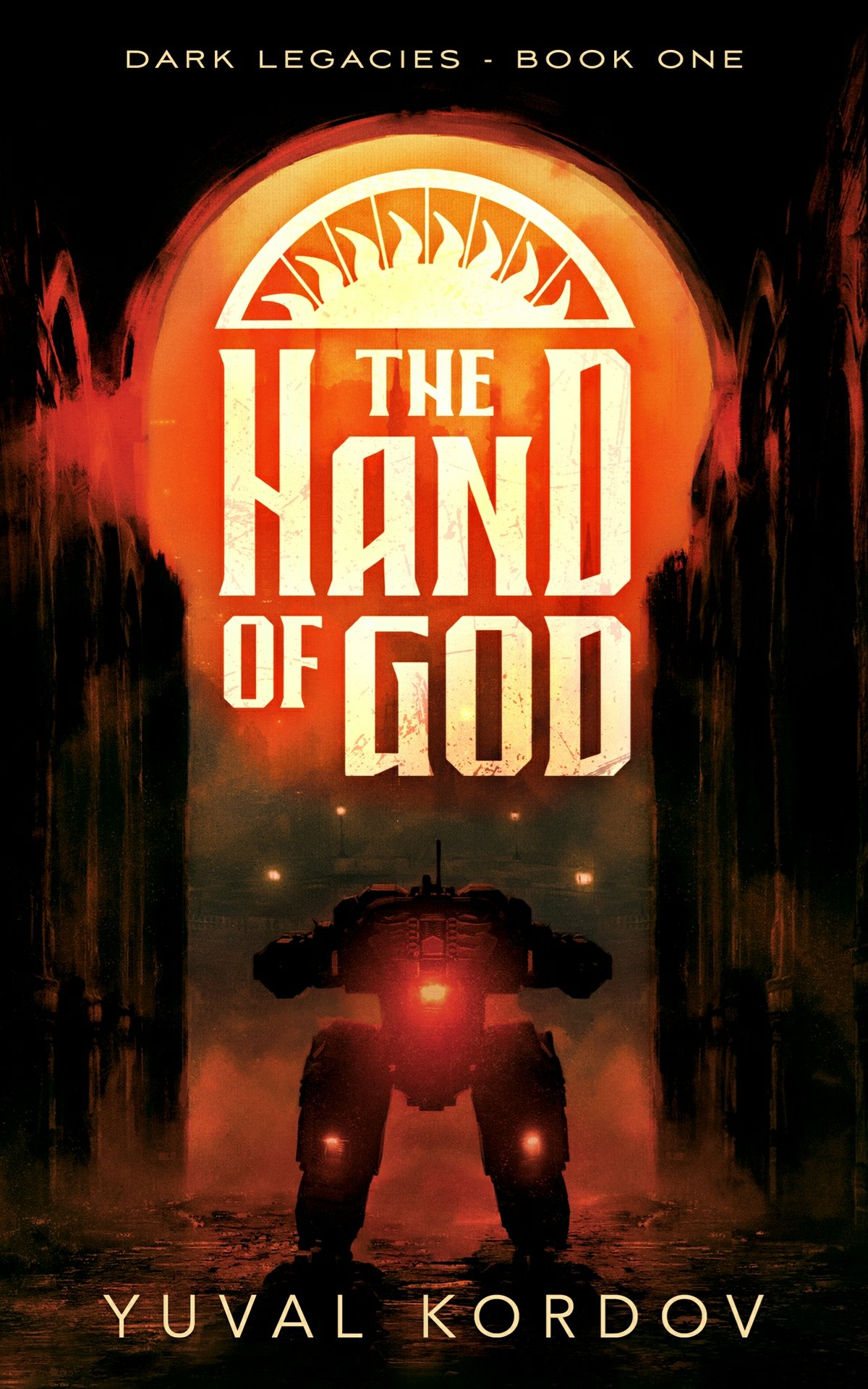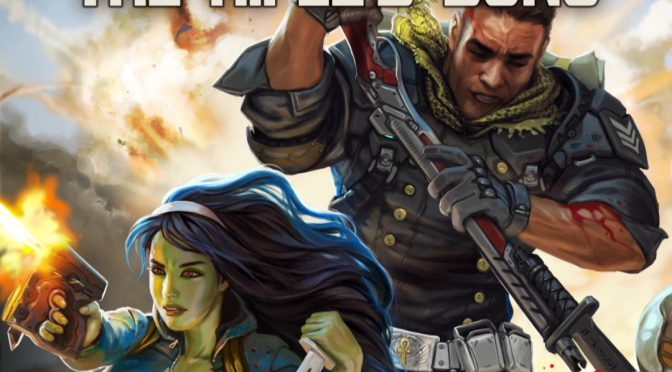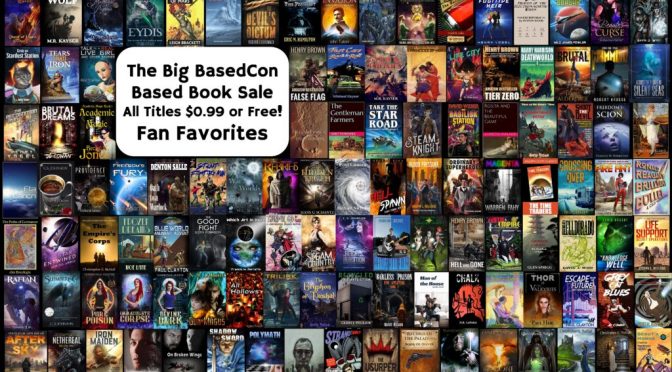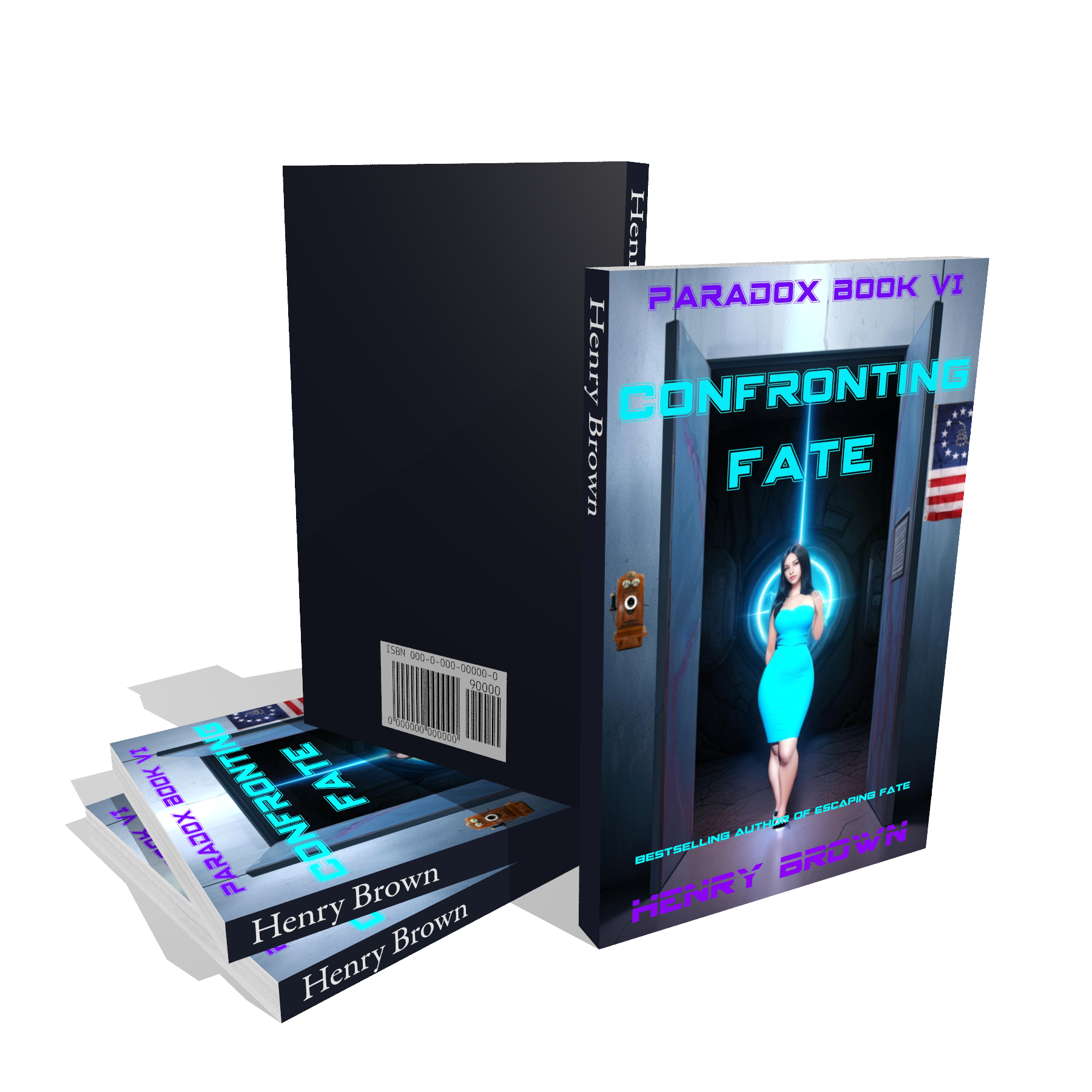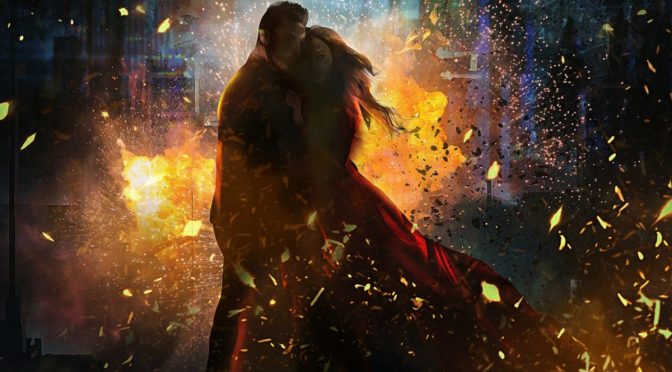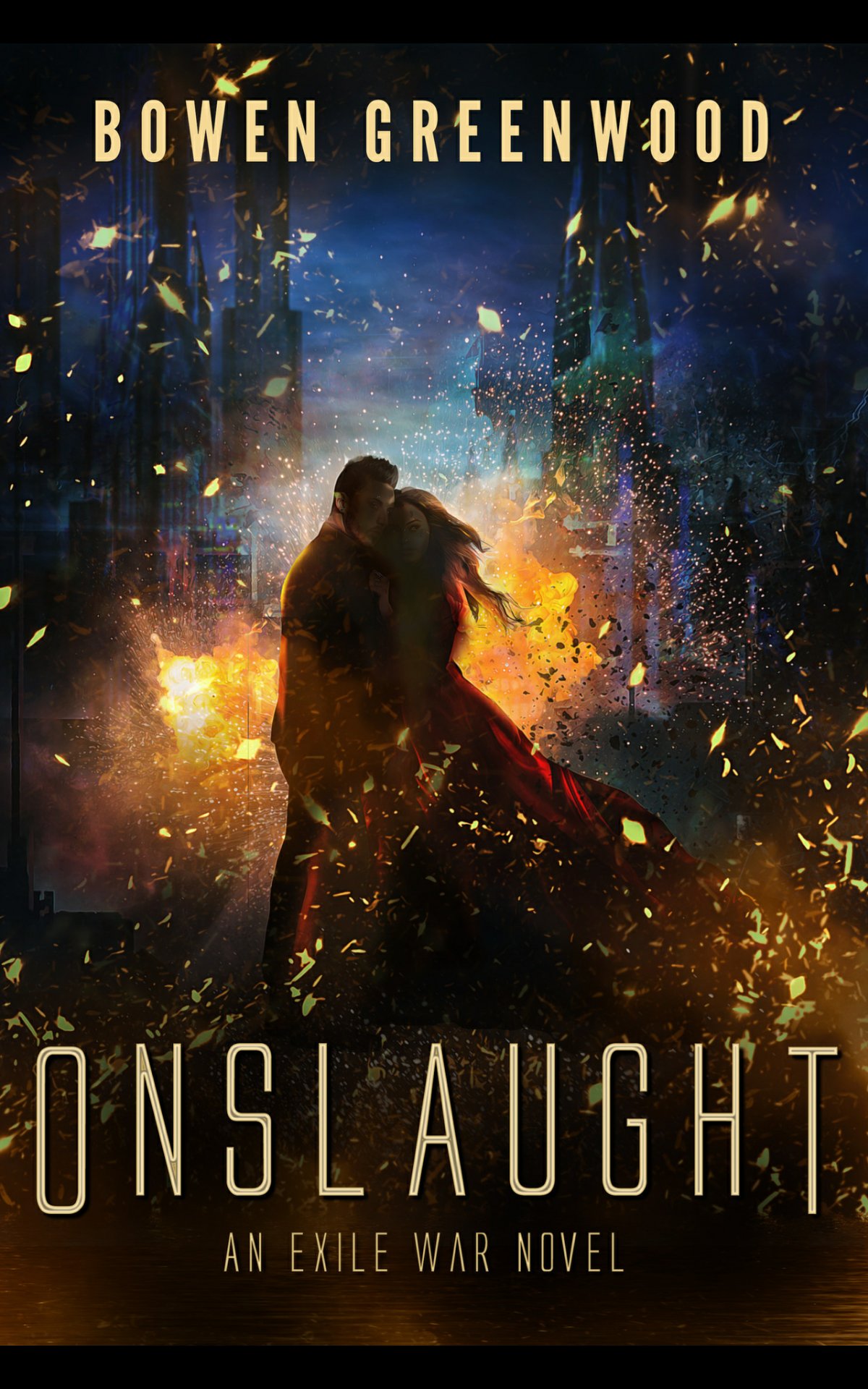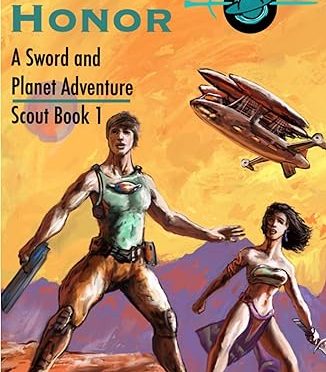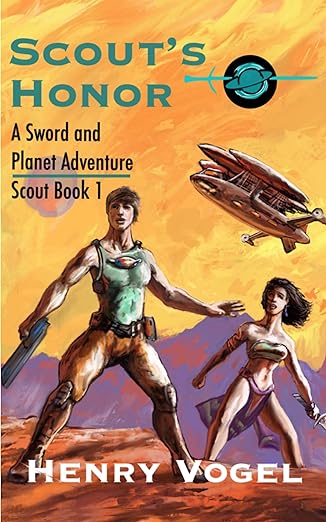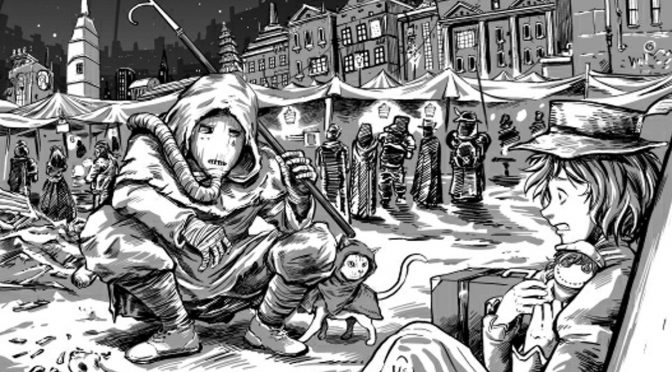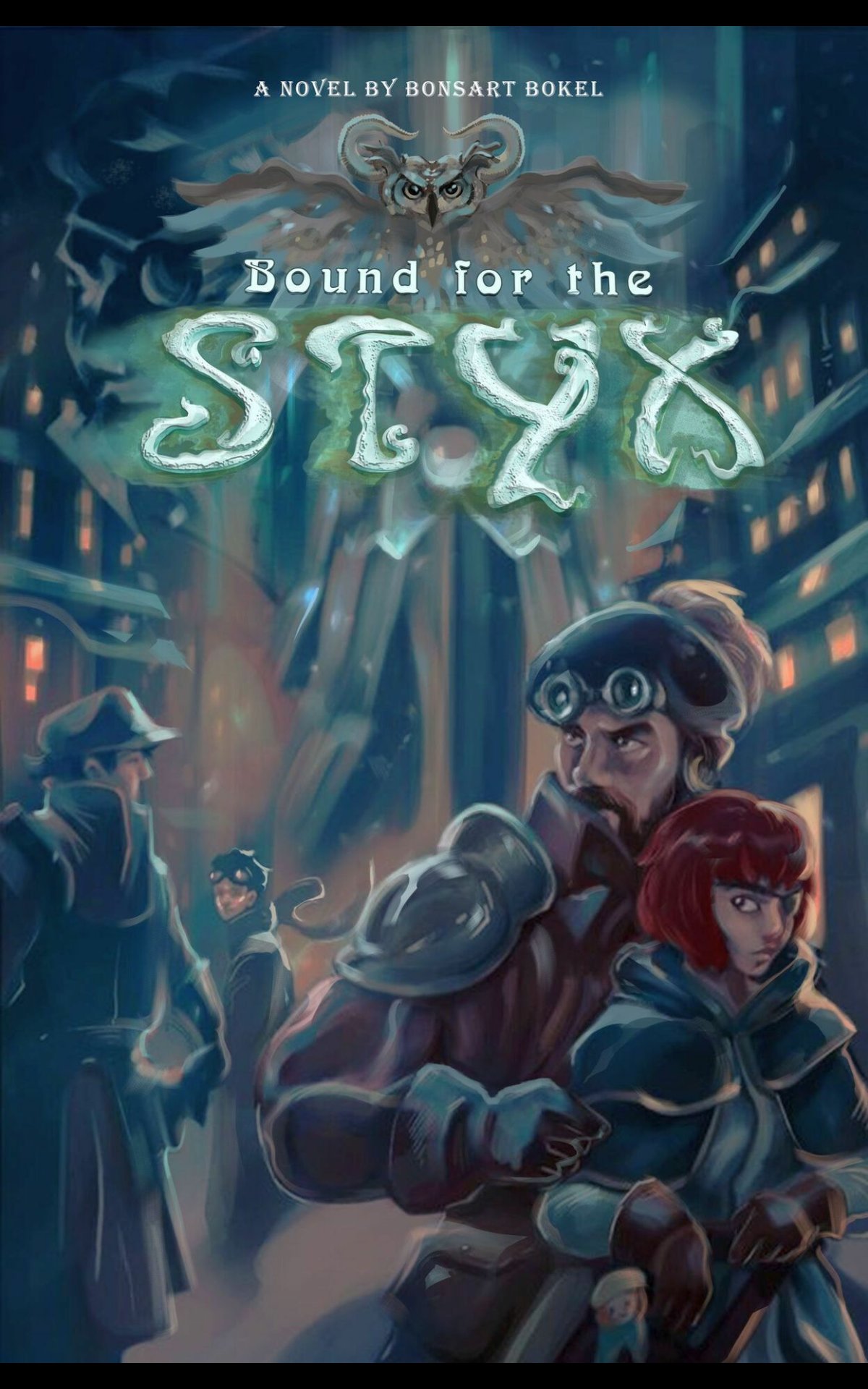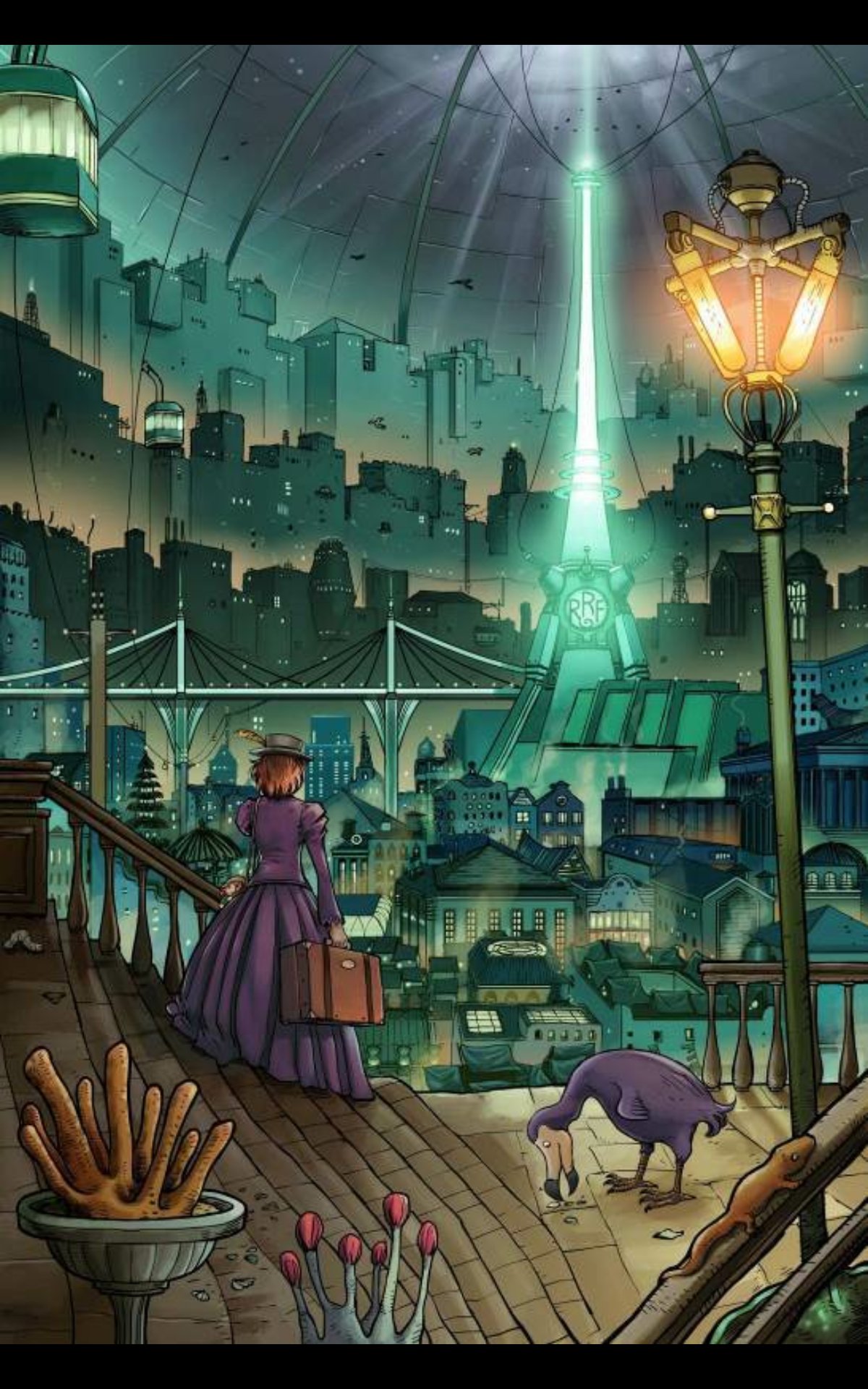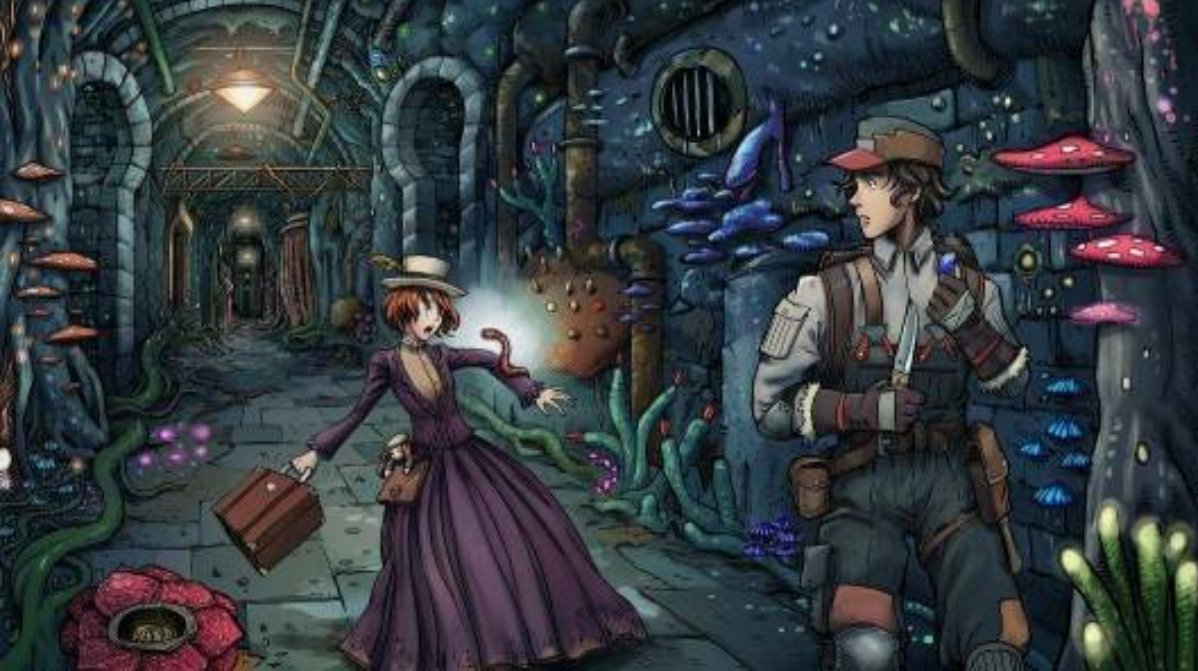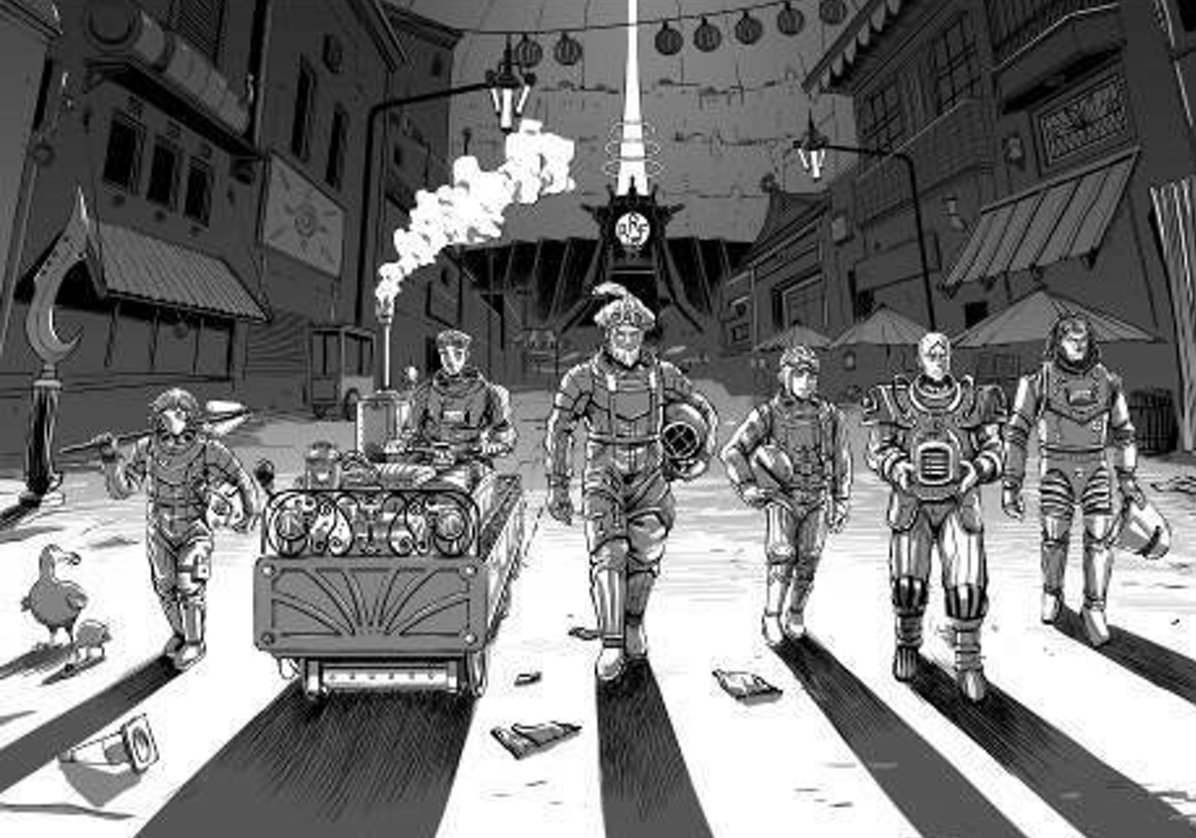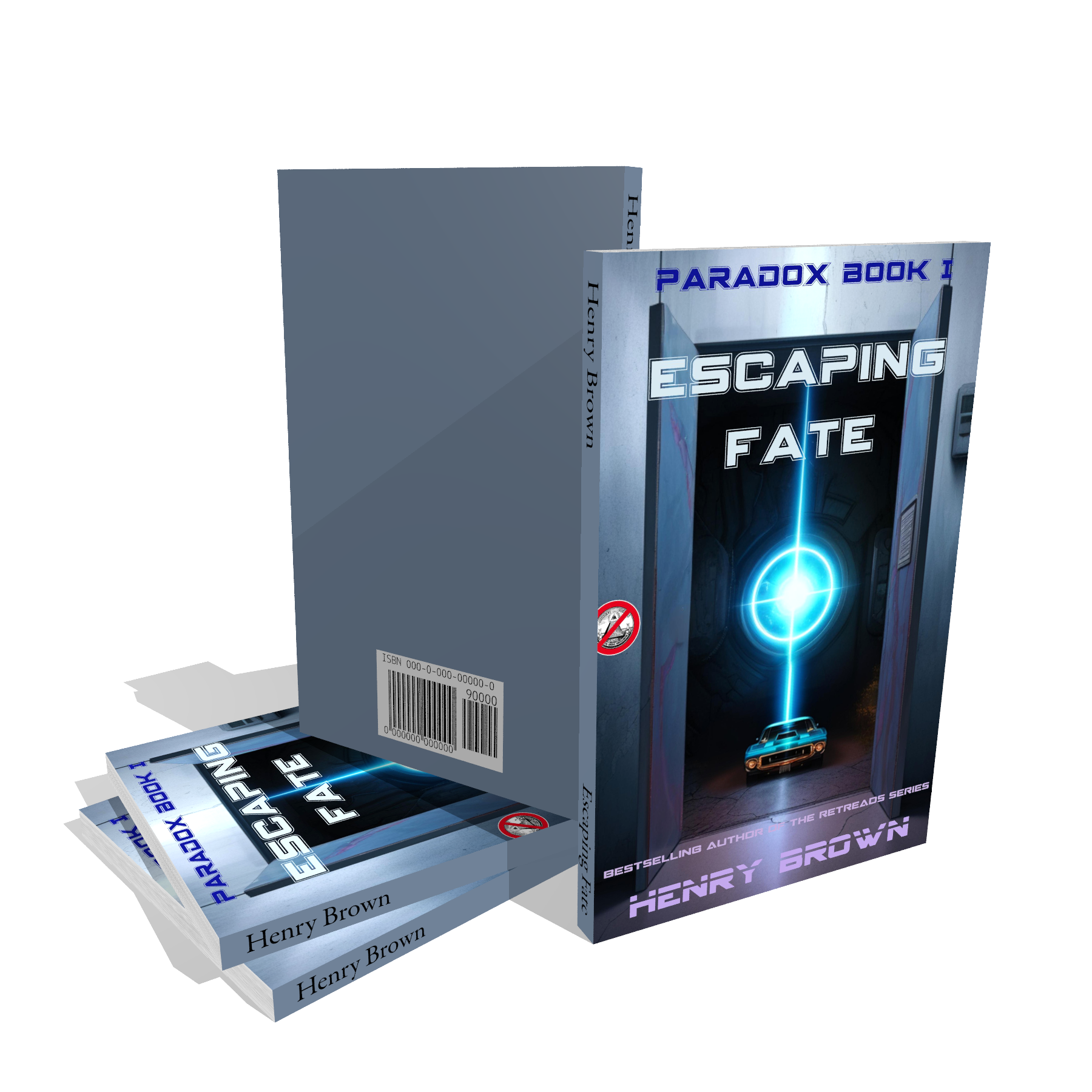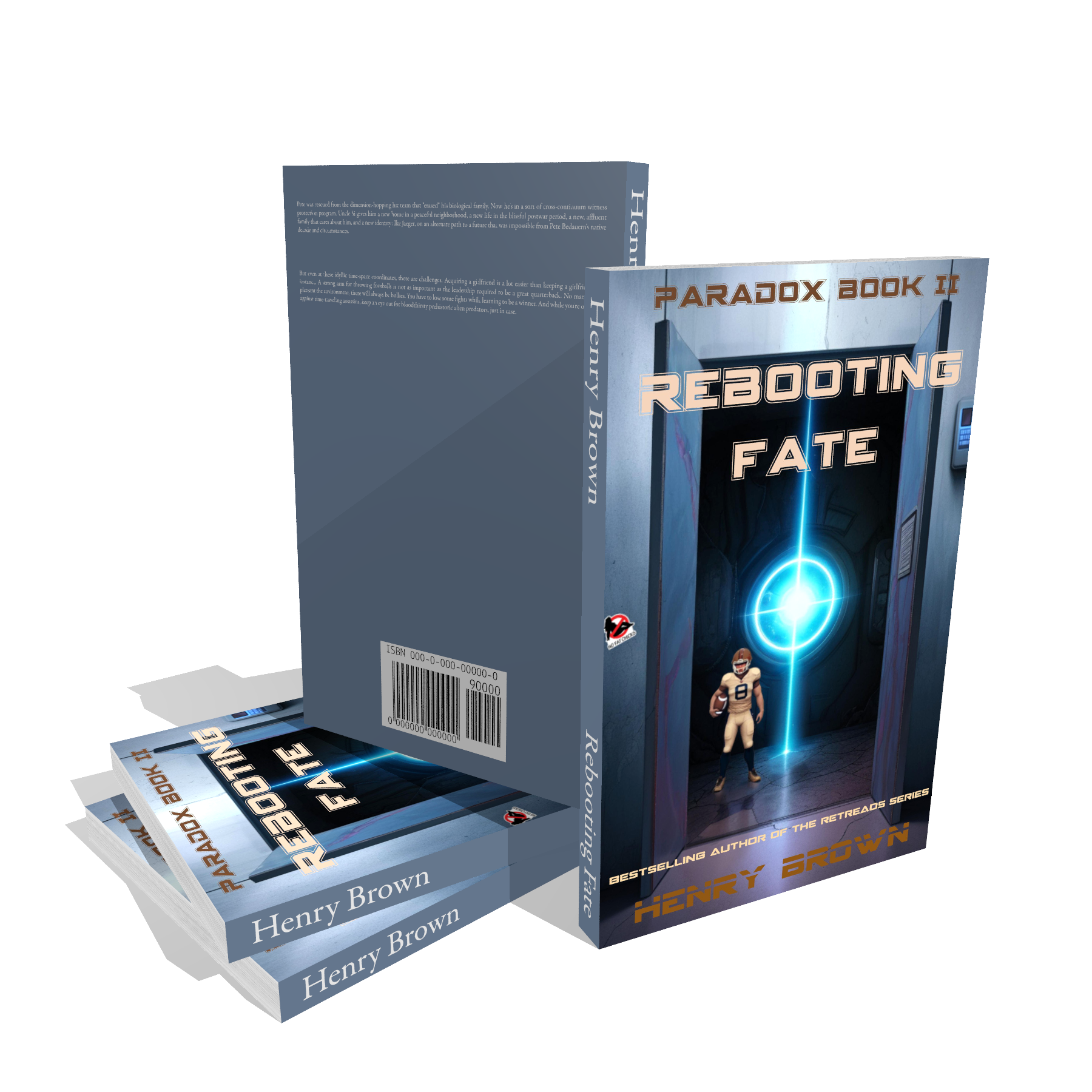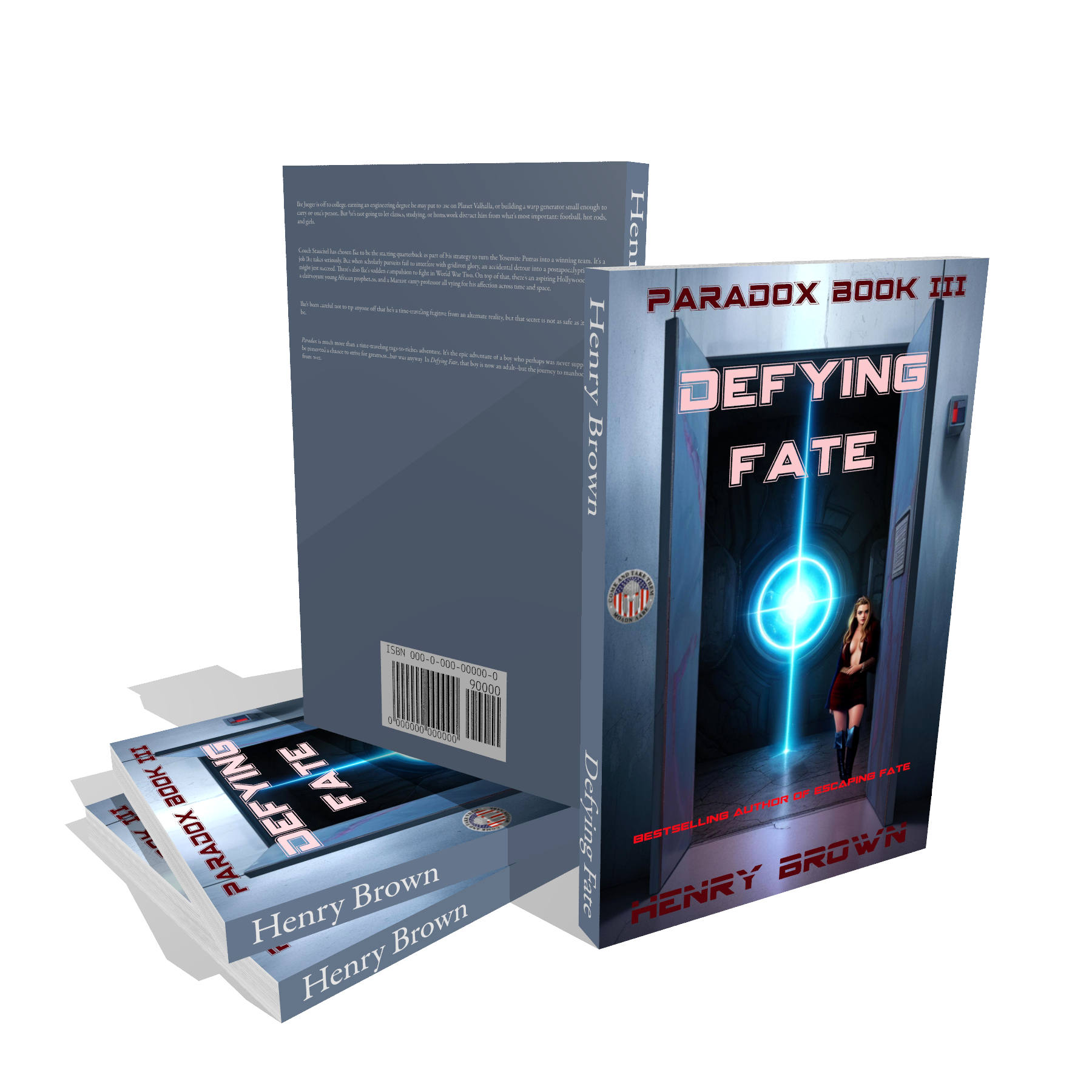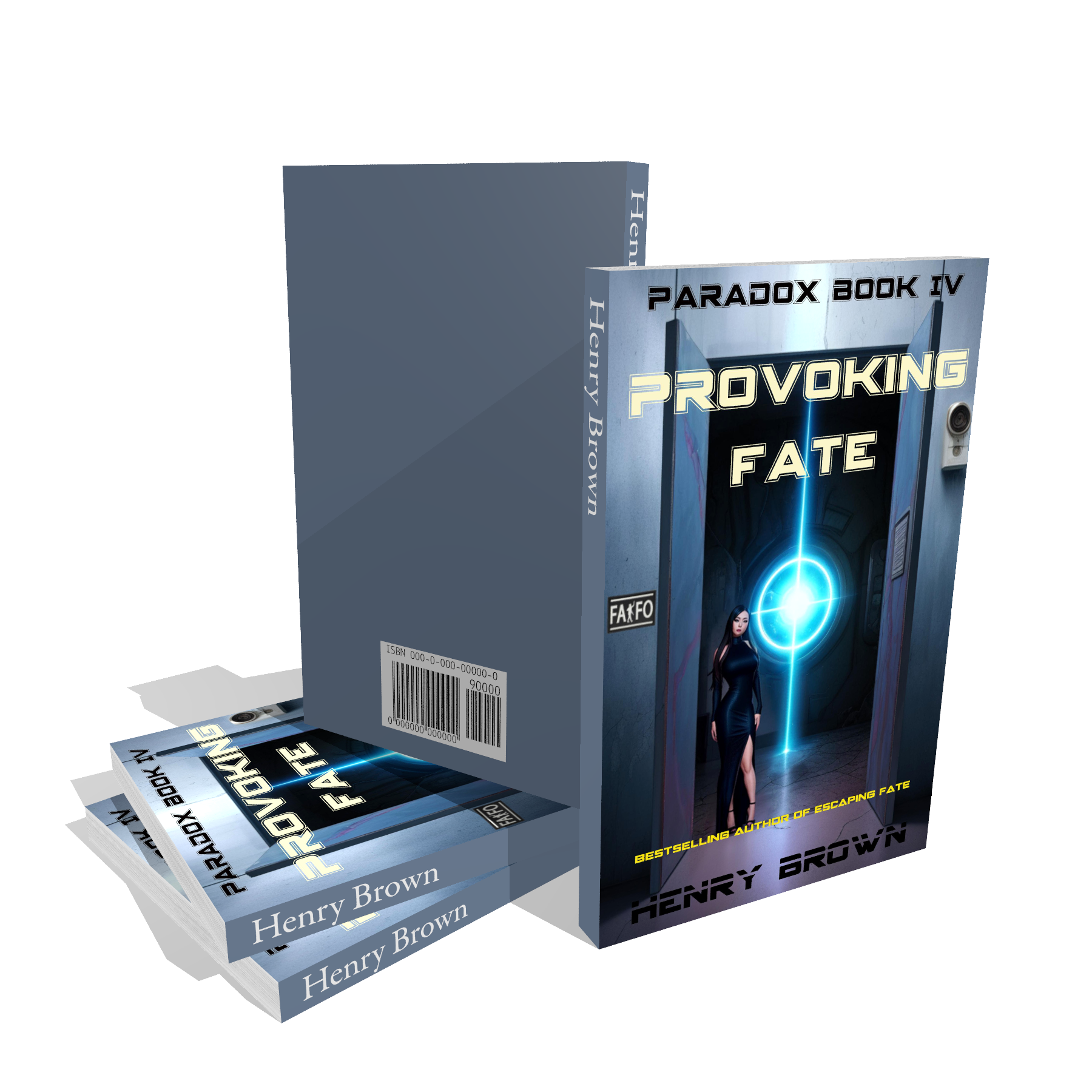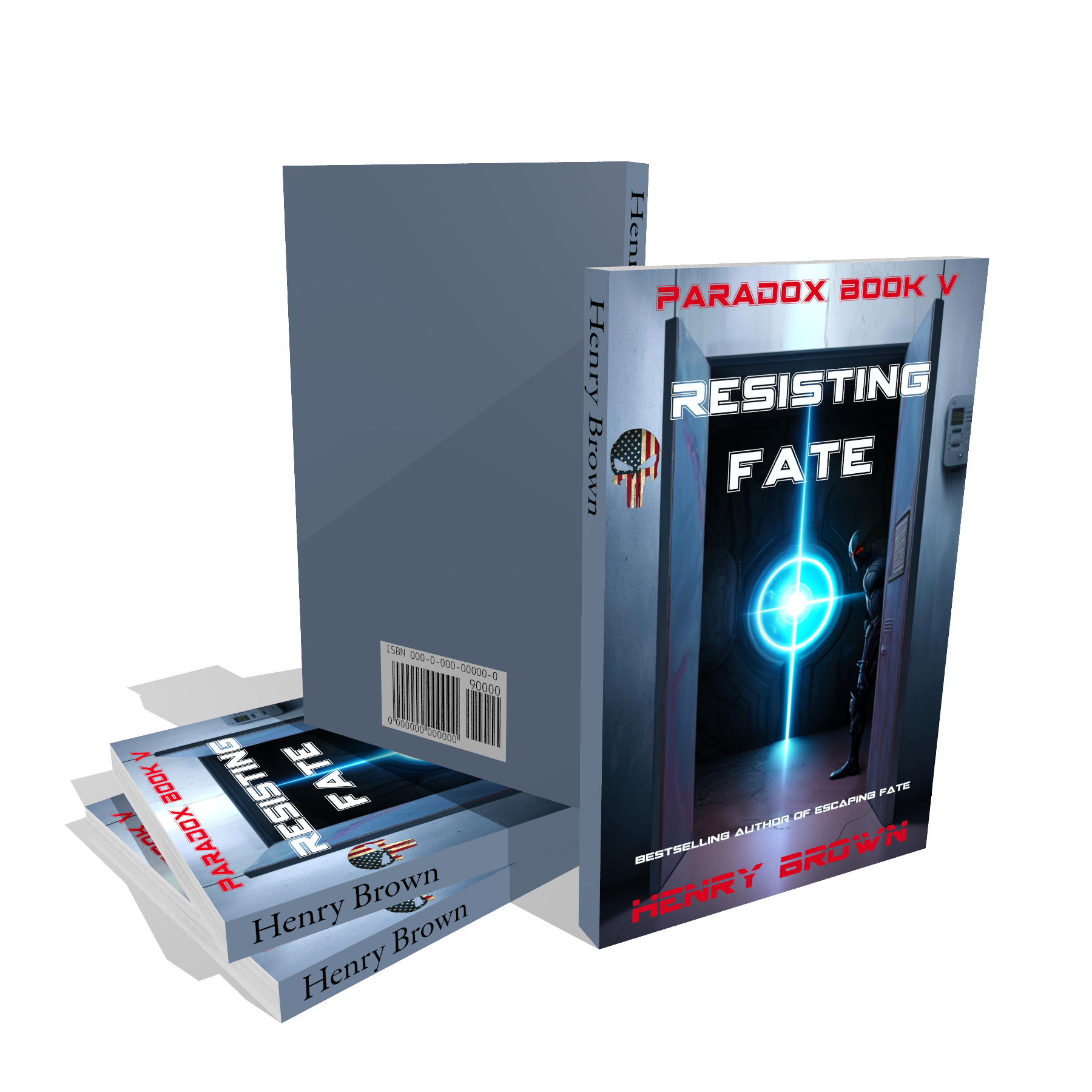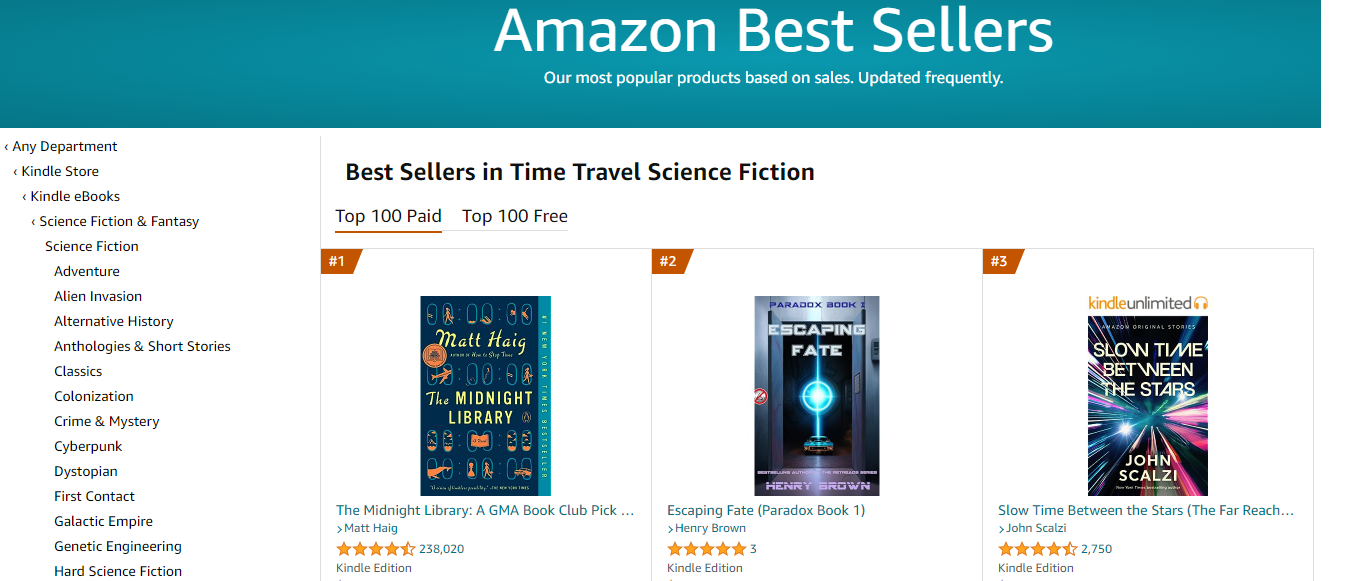Dreams Within Dreams – Serial One: Omnipresence by M.D. Boncher
Reviewed by
![]()
If Onslaught resembles a sci-fi/action movie from the 90s, Dreams Within Dreams might recall The Fifth Element and 2002 TV series Firefly. Add interesting characters, a solid plot line, and just the right amount of comedy, and you have an instant winner of modern indie pulp.
What this short and enjoyable novelette also does is prove that you can have a simple, straightforward story without flat-like-pancakes characters and wooden dialogue. In fact, characters like our protagonist, Winston, display a level of humanity and depth that might be subtle on the surface yet very engaging as their adventures progress.
Same with the plot. Boncher will take us for a rollercoaster ride but he is wise enough to avoid tired-out stereotypical tropes that oversaturate the current market. His writing approach is what I admire most: don’t write solely having in mind the reaction of your readers but write what makes sense within the story you are telling.

PLOT:
Winston lives in what is referred to as ‘The Dream’, a reality that resulted from King Xiao destroying the world as we know it. In this new world Winston works for a freight company, moving goods and parcels by way of his space tug the Sierra Madre, and with the aid of a mechanical humanoid named Billy Joe.
After being offered a gig that would earn him more money than he’s ever dreamed of, Winston finds himself caught in the midst of the illegal trafficking of weapons of mass destruction for a dangerous cartel. By the time he finds out what his cargo holds, he’s in too deep! Throw in the mix two undercover officers onboard, Mr. Tollman and Ms. Iverson (aka Holly), and Winston’s plan for a big payday quickly becomes the worst ride of his life!
CHARACTERS:
Character development is important whether we’re talking about a very complex storyline or a very simple one. Simple characters should not be BORING characters. And in this short novel we see that formula applied to characters like Winston or even his mechanical co-pilot Billy Joe or even the attractive yet mysterious Holly.
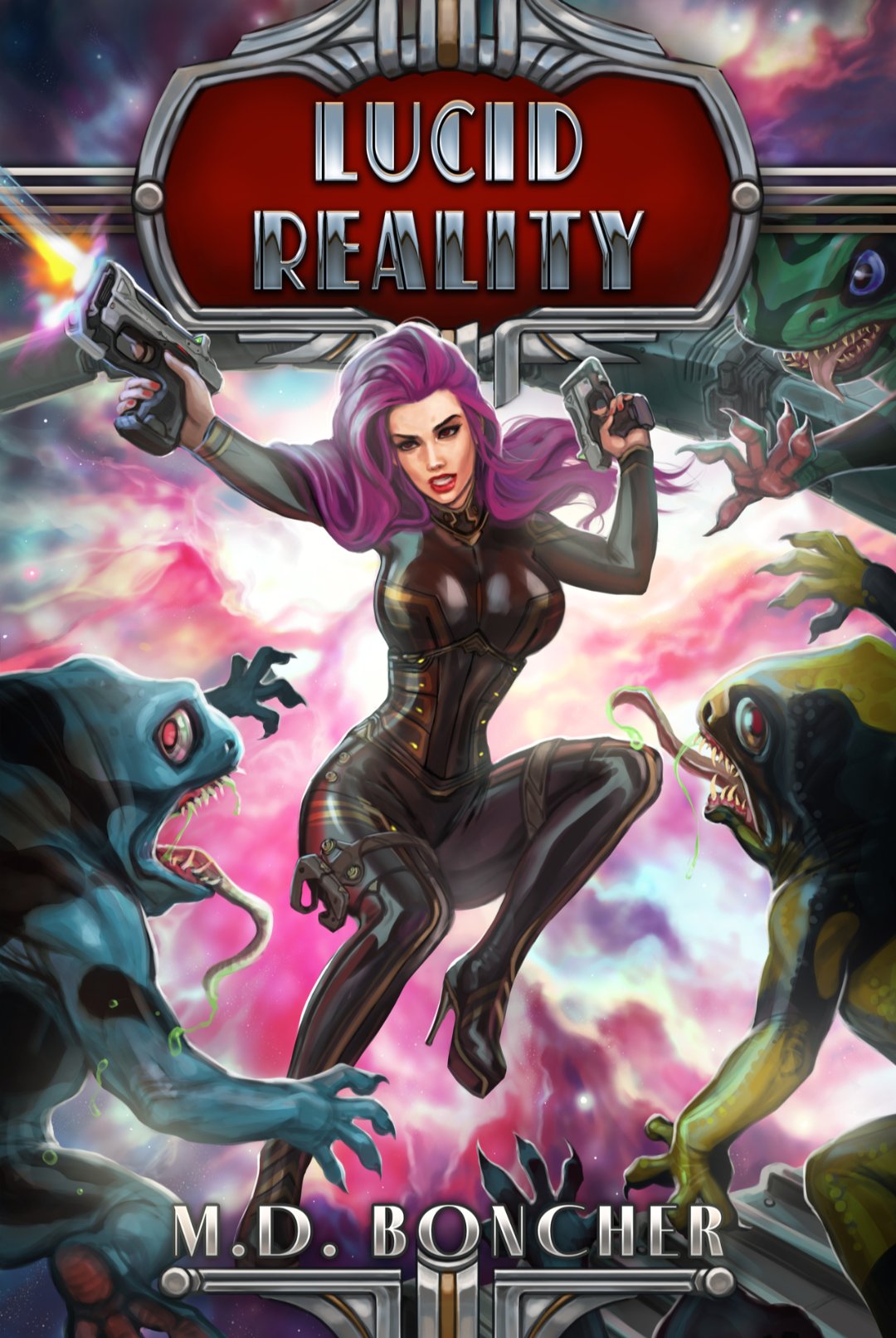
Winston on the surface seems to be a very practical down -to-business type of guy. “Get the job done and get paid” is his mantra. But underneath that seemingly pragmatic persona, Winston hides demons that keep haunting him in his sleep. So much so that he finds himself almost addicted to this virtual reality rig he hooks himself up to whenever he can, to escape a harsh reality. Readers will learn more about Winston as things progress and Holly will soon become a determining factor in Winston’s life. But not in the way you would expect whenever a stunningly attractive woman is involved.
A NOTE FROM THE REVIEWER:
The author states that “the idea came to me after watching a whole bunch of old Flash Gordon serials and was like, yeah, that can be done.” The issue is that not everything that works in TV or comic books will necessarily work in novel format.
I’m particularly referring to how Book 1 ends with a cliffhanger and really makes you feel like nothing got done, or accomplished, or fulfilled despite characters and plot becoming more and more engaging. I think every novel , even in a serialized format , should make the reader feel like things moved from point A to point B and certain goals were reached or accomplished. Here, the end feels truncated and unless you don’t buy Volume 2 you are left with a partial story, literally. My opinion is that the author should have published the entire story including Book 1, 2, and 3 as one single book because, honestly, Book 1 feels somewhat unfulfilling in the end and it felt like someone turning off your TV just when things are getting intense. Is that really how we want to feel after spending money to purchase a book?
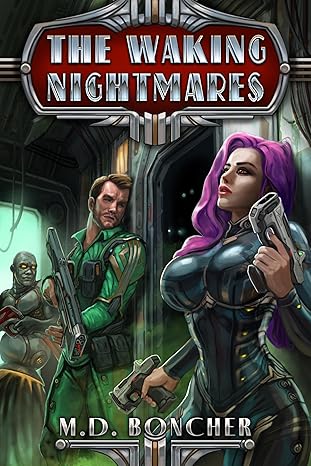
CONCLUSIONS:
Obviously this will get a follow-up review of Book 2, Lucid Reality.
If anything I hope the quality enjoyed in the first book will continue and then we will go on and cover Book 3, The Waking Nightmare.
I highly encourage you to get all 3 books together since the author ‘s approach mentioned earlier might leave some of you disappointed, or dissatisfied perhaps, by only reading Book 1 by itself!

